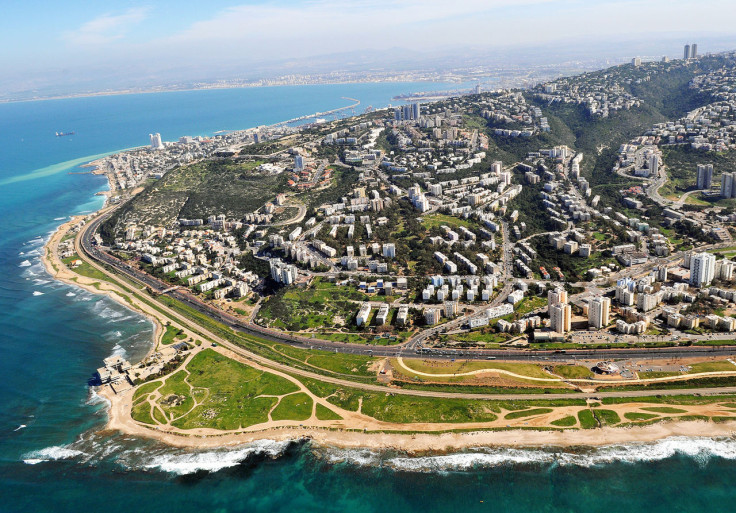Israel: 7,500-year-old lost Neolithic village discovered off coast of Haifa

A prehistoric water well hinting at the existence of a thriving Neolithic settlement has been excavated under water at Israel's East Mediterranean coast.
The 7,500-year-old water well, currently under five metres of water, was submerged following prehistoric rise in sea level.
Maritime archaeologist Ehud Galili of the Israel Antiquities Authority led the excavation at Kfar Samir site in collaboration with experts at Flinders University in South Australia and University of Haifa in Israel.
Archaeologists said that the well which was a source of fresh water for the village dwellers was abandoned as the sea level rose.
"Water wells are valuable to Neolithic archaeology because once they stopped serving their intended purpose, people used them as big rubbish bins," excavation team member Jonathan Benjamin, maritime archaeologist at Flinders University, told local media IN Daily.
"At the Kfar Samir site, the water well was probably abandoned when sea levels started to rise and the freshwater became salty so people threw food scraps and animal bones down the well instead."
Archaeologists hope the sediments collected from the well will shed more light on the lifestyle of the Neolithic village, including the early Mediterranean diet.
"As they were a pre-metal society we expect to find stone tools; perhaps weapons made of flint, and needles made of bone," Benjamin said.
"We're also hoping to find organic material such as plant fibers, seeds and evidence of domestic crops such as olive stones that we can date."
"Previous excavations suggest this is likely the world's oldest olive oil production centre and while it's too early to tell what we've sampled from this small excavation, the preliminary results are promising," he concluded.
© Copyright IBTimes 2025. All rights reserved.




















